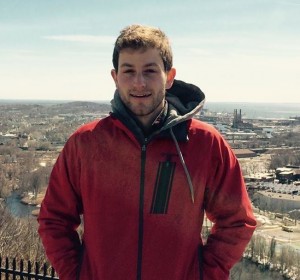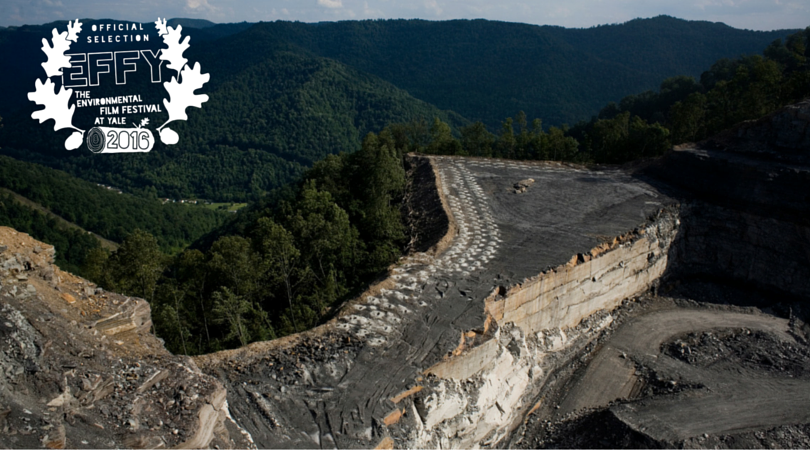By Sam Cohen
The war on coal is alive and well—just not the one you’ve heard about in the news. The 2016 Environmental Film Festival at Yale screened Overburden, a documentary about the people living in Appalachian coal country. The film, directed by Chad A. Stevens, captures the coal industry’s power in the region and its ability to fracture close-knit communities.
In Overburden, two women formerly at odds come together to fight for economic justice, miner safety, and to help break Coal’s century-long stranglehold on southern West Virginia. But the documentary, spanning seven years, is not a straightforward tale. The accepted narrative around coal mining and mountaintop removal is complicated by the diverse set of views held by those living in the heart of Coal Country. The film transcends the political banter by capturing real stories of West Virginian’s looking to come to terms with the realities of their coal-centric economy.
Both of the film’s protagonists have deep ties to the coal industry. Lorelei Scarbro’s son-in-law is a miner as was her late husband before he succumbed to black lung disease. In 2006, Massey Energy sought permits for a 6,600-acre mountaintop removal project on Coal River Mountain, adjacent to her property. The film follows Lorelei as she and a group of local activists push for an alternative wind power development on Coal River Mountain. As the mountaintop removal project advances, their tactics get more and more desperate—first phone calls, sit-ins at the State capitol, and finally physically impeding the company’s efforts.
Betty Harrah was an ardent supporter of the coal industry until April 5, 2010 when her brother and 28 other miners died in the Upper Big Branch mine explosion—the worst such incident in 40 years. A subsequent investigation found the same Massey Energy directly responsible. Betty joins forces with Lorelei and makes it her mission to improve miner safety and to see that Massey never again operates in the state.
It is difficult to connect the issues these two women fight for with the broader climate policy discussions or the economic drivers that have sent demand for coal plummeting. But the connections are there and miners are on the front line. They’re the first to suffer as the industry declines—many are resentful of what they perceive as attacks from outsiders who know little of their struggles to earn a living. At the national level, the industry uses the image of these miners and their hardscrabble work to beat back environmental and public health criticisms.
Through impassioned speeches, tense standoffs, and heartbreaking tragedy, the film shows how companies like Massey have effectively pitted friends and neighbors against one another. Lorelei is forced to defend her place in the community and fight against the notion that she is an uncaring environmentalist.
As the film ends, both women are committed to continuing the fight, and their struggles have led to a few victories. Permits for mountaintop removal projects are now exceedingly hard to acquire and only a small portion of Coal River Mountain has been mined.
Just recently, Massey Energy’s former CEO Don Blankenship was charged with a single misdemeanor and sentenced to one year in prison over his company’s culpability in the Upper Big Branch disaster. At the panel discussion following the EFFY screening, Ms. Scarbro was adamant that the light sentence is an insult to the dead miners and their families, but it was still hard to believe that a coal industry executive could be indicted and convicted in a West Virginia courthouse. To her it signaled a subtle shift in the right direction.
 Sam Cohen is a second Master of Management candidate at the Yale School of Forestry and Environmental Studies studying water resource science and management.
Sam Cohen is a second Master of Management candidate at the Yale School of Forestry and Environmental Studies studying water resource science and management.















